Is Vomiting or Diarrhea After Deworming Normal for Cats?
Is Vomiting or Diarrhea After Deworming Normal for Cats?
Introduction
Deworming is an essential component of feline healthcare, targeting internal and external parasites that can compromise your cat’s wellbeing. While most cats tolerate deworming medications without incident, mild gastrointestinal upset such as vomiting or diarrhea may occur. This guide will help you understand potential side effects, recognize when they are within normal limits, and determine when to seek veterinary care.
Understanding Deworming Medications
Veterinarians commonly prescribe deworming treatments such as oral tablets, topical liquids, and injectables. These medications work by paralyzing or killing parasites like roundworms, tapeworms, and hookworms, promoting their expulsion from the body. Active ingredients can include praziquantel, fenbendazole, pyrantel pamoate, and selamectin.
Common Side Effects
Most cats experience no adverse reactions following deworming. However, some gastrointestinal symptoms may emerge:
· - Mild vomiting
· - Loose stools or diarrhea
- Loss of appetite for 12–24 hours
These effects generally resolve within 24–48 hours as the medication completes its action and the cat’s digestive system normalizes.
Vomiting After Deworming
Vomiting may occur because deworming agents can irritate the stomach lining. If your cat vomits once or twice within several hours after administration, monitor their condition at home by withholding food for two hours, then offering a small, bland meal. Ensure fresh water is available to prevent dehydration.
Diarrhea After Deworming
Diarrhea can result as the body expels parasites and adjusts to changes in gut flora. Offer a highly digestible diet—boiled chicken and rice—for 24 hours while observing stool consistency. Reintroduce regular food gradually over 1–2 days.
Managing Mild Reactions at Home
To support your cat through mild gastrointestinal upset:
· - Provide fresh water continuously to maintain hydration.
· - Use unsweetened probiotics formulated for cats to restore healthy gut bacteria.
· - Offer small, frequent meals of a bland diet.
- Keep your cat in a calm, stress-free environment.
When to Contact Your Veterinarian
Seek immediate veterinary attention if you observe:
· - Persistent vomiting (more than 2 episodes in 6 hours)
· - Severe diarrhea with signs of dehydration (sunken eyes, dry gums)
· - Lethargy, weakness, or collapses
- Blood in vomit or stool
Prevention and Aftercare
Routine fecal examinations every 6–12 months help identify parasite burdens early. Maintain strict hygiene by cleaning litter boxes daily and limiting outdoor roaming in high-risk areas. Regular preventative treatments, as recommended by your veterinarian, reduce the likelihood of heavy infestations.
Conclusion
Mild vomiting or diarrhea after deworming can be normal and often resolves with simple home care. Observant aftercare and preventative practices safeguard your cat’s digestive health. Always consult your veterinarian if symptoms intensify or persist beyond 48 hours.
Explore Dogs

Why Is My Cat Drooling After Deworming? Causes and Solutions
IntroductionDrooling (ptyalism) in cats after deworming is alarming for owners. While mild drooling ...
Read More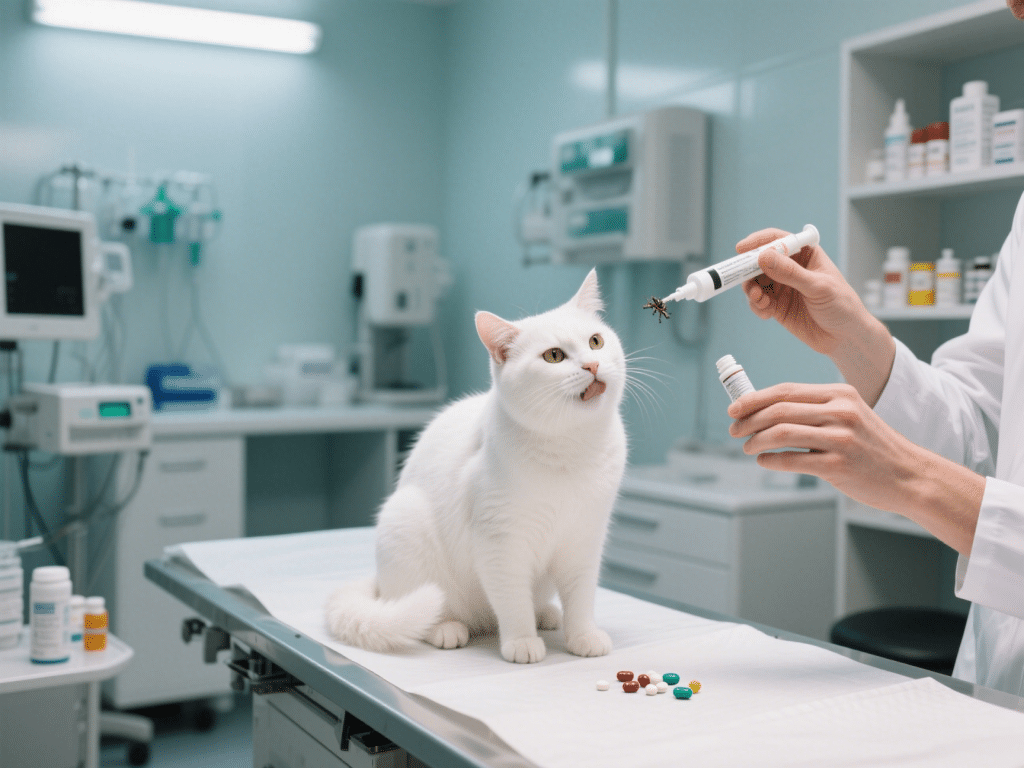
Comparing Spot-On vs Pill Dewormers for Cats: Pros and Cons
IntroductionCat owners often face the choice between spot-on (topical) and pill (oral) dewormers. Ea...
Read More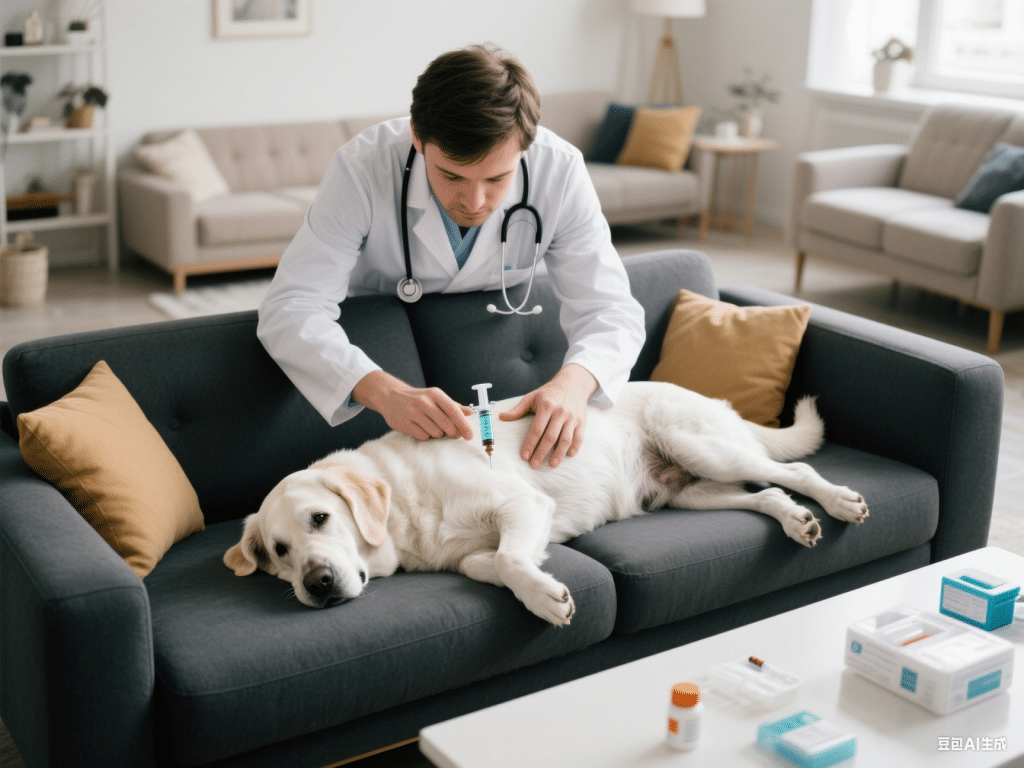
Understanding Deworming Requirements for Senior Dogs
IntroductionSenior dogs (7 years and older, breed-dependent) may have altered metabolism, compromise...
Read More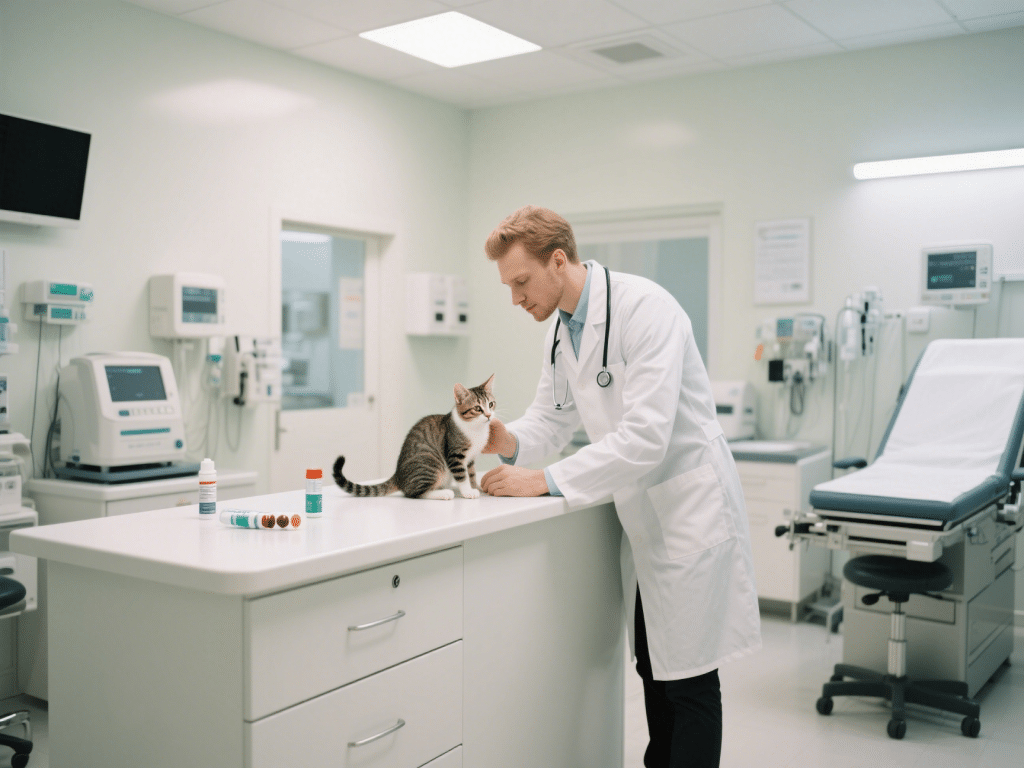
Cost-Effective Deworming Options for Large Breed Dogs
IntroductionLarge breed dogs (over 50 lbs) require higher medication dosages, which can increase tre...
Read More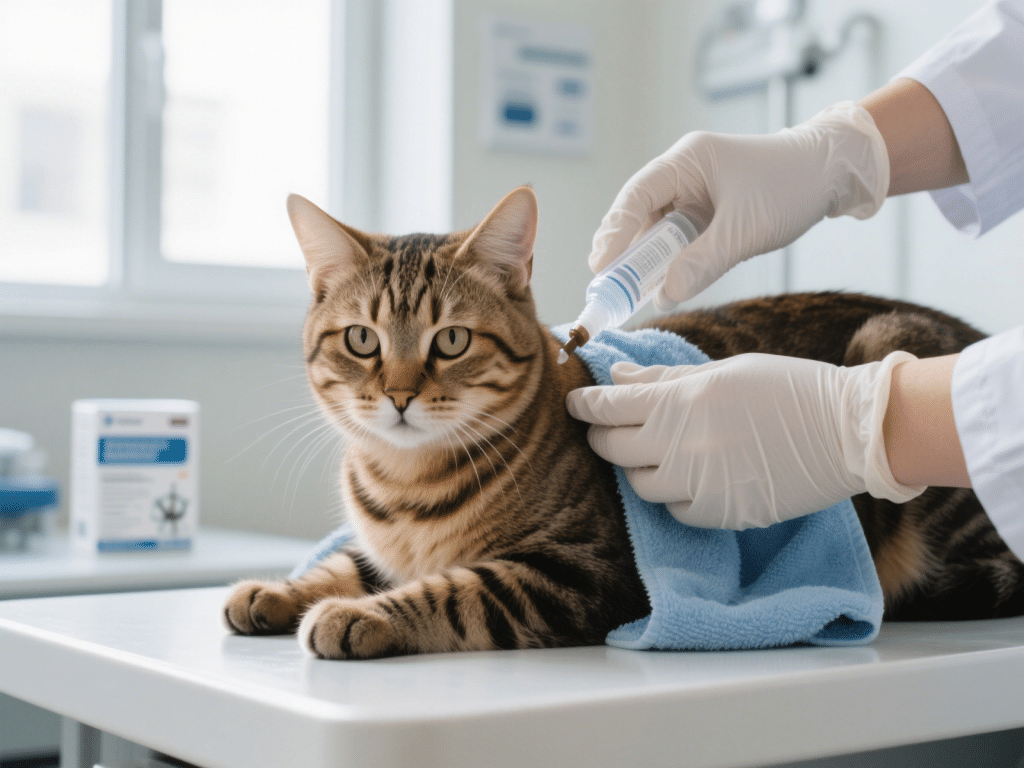
Why Does Your Cat Hide at Deworming Time? Tips for Easier Handling
Understanding Your Cat’s Hiding Instinct During DewormingCats often vanish at deworming time due t...
Read More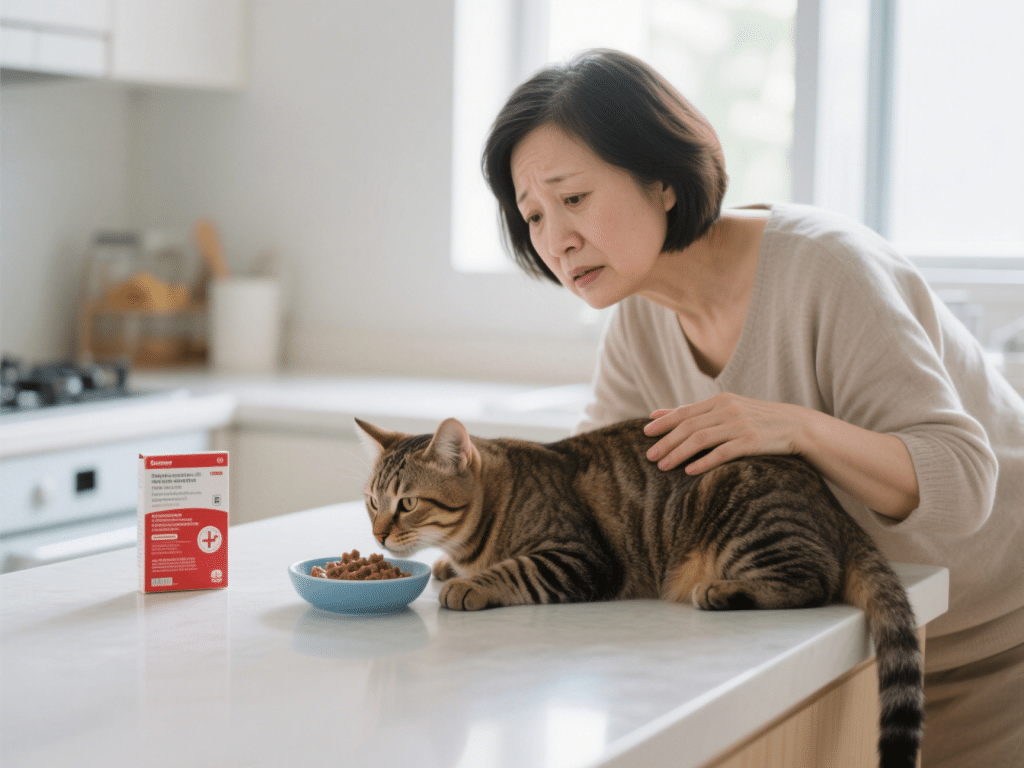
What to Do If Your Cat Loses Appetite After Deworming
Understanding Post-Deworming Appetite Loss in CatsIt’s common for cats to experience temporary app...
Read More
Why Deworming Sometimes Fails: Mistakes, Resistance, and Fixes
Why Deworming Sometimes Fails: Mistakes, Resistance, and FixesDeworming, a cornerstone of animal hea...
Read More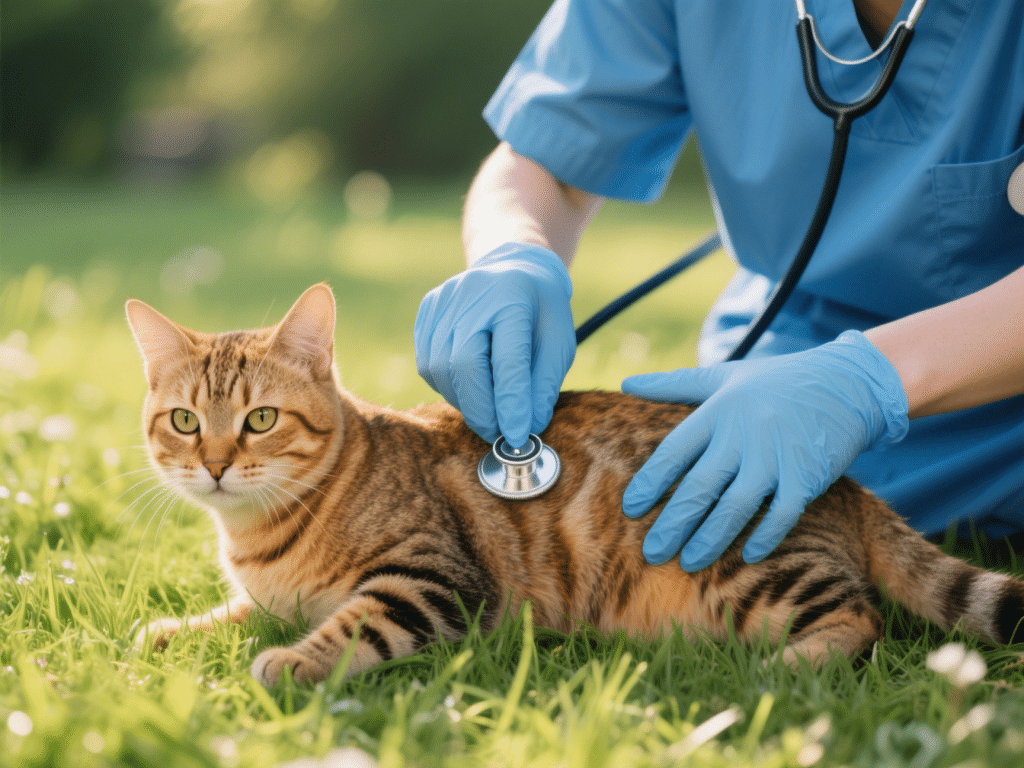
How Often Should You Deworm Your Cat? Adjusting by Season
How Often Should You Deworm Your Cat? Adjusting by SeasonProtecting your cat from internal parasites...
Read More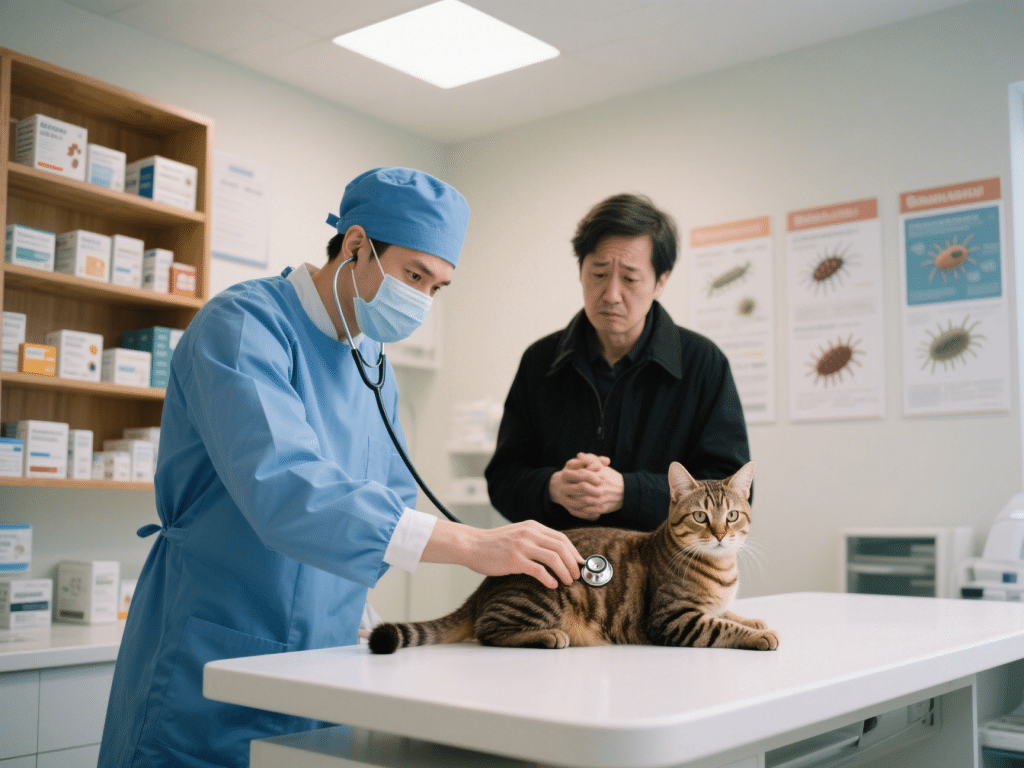
Top 10 Mistakes Cat Owners Make When Deworming (and How to Avoid Them)
Top 10 Mistakes Cat Owners Make When Deworming (and How to Avoid Them)Effective deworming is crucial...
Read More